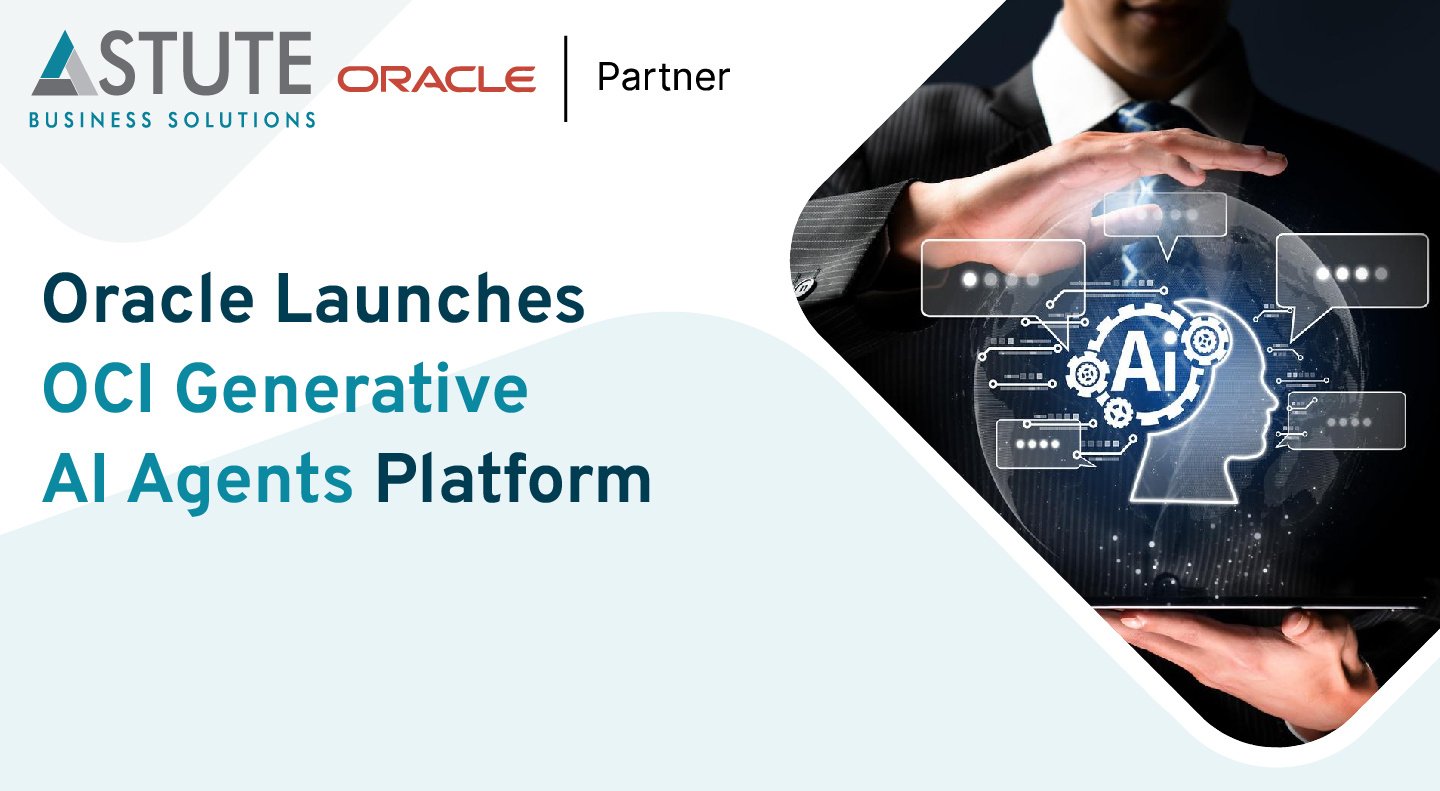
The Many Benefits of Oracle Database Cloud Service
Table of Contents
Overview
The Oracle on Oracle is a value proposition that delivers a wide range of benefits for users. Perhaps most importantly, it provides an easy and efficient way to manage databases on Oracle Cloud Infrastructure (OCI). It also offers many other benefits, including the ability to scale up or down quickly and easily, dramatically reduced management overhead, and much more.
How Oracle DBCS Makes IT Teams More Efficient
Oracle DBCS makes IT teams more efficient in several ways. First, it completely automates the provisioning and patching of databases. This means that IT staff no longer have to spend time manually provisioning and patching databases. Second, it offers self-service capabilities that allow users to create and manage their own databases. This means that IT staff no longer have to spend time responding to user requests to create and manage databases. Third, it provides a unified view of all databases across the enterprise. This means that IT staff can easily see which databases are being used and how they are being used. Finally, it offers comprehensive monitoring and reporting capabilities. This means that IT staff can quickly identify and resolve any problems that may arise.
Contrasting Oracle DBCS with Amazon Redshift
Oracle DBCS is a very different product than Amazon Redshift. Amazon Redshift is a data warehousing service that is designed to handle large amounts of data. It is not a relational database like Oracle DBCS. As such, it is not well suited for transactional workloads. In addition, Amazon Redshift does not offer the same level of automation or self-service capabilities as Oracle DBCS. Finally, Amazon Redshift does not offer the same level of monitoring and reporting capabilities as Oracle DBCS.
Contrasting Oracle DBCS with Oracle Database on Premises
There are several key differences between Oracle DBCS and Oracle Database on Premises. First,Oracle Database on Premises requires the purchase of expensive hardware and software licenses. Second, Oracle Database on Premises requires significant amounts of time and effort to install and configure. Third, Oracle Database on Premises requires ongoing maintenance and patching. Fourth, Oracle Database on Premises does not offer self-service capabilities. Fifth, Oracle Database on Premises does not offer comprehensive monitoring and reporting capabilities. Sixth, Oracle Database on Premises does not offer the same level of scalability as Oracle DBCS. Seventh,Oracle Database on Premises does not offer the same level of flexibility asOracle DBCS. Eighth, moving toOracle Database on Premises can be a disruptive process for users and IT staff alike.
Databases available on OCI
Oracle Cloud Infrastructure offers a variety of options for businesses seeking to move their database operations to the cloud. The Oracle Autonomous Database is a fully managed, self-tuning database service that offers high performance, scalability, and security. The Oracle Exadata Database is a high-performance database service specifically designed for use with Oracle's enterprise applications. The Database Cloud Service is a general-purpose database service that offers compatibility with a wide range of industry-standard database applications. The Database Service for Microsoft Azure is a cloud-based version of Microsoft's SQL Server database that offers seamless integration with Azure services. MySQL Heatwave is a cloud-based version of the popular MySQL open source database that offers high performance and scalability. Finally, the NoSQL Database is a scalable, high-performance database service designed for use with big data applications. All of these options offer businesses a reliable, scalable, and secure way to move their databases to the cloud.
Migrating toOracle Database Cloud Service
There are several steps involved in migrating toOracle Database Cloud Service . First , you will need to select an appropriate migration strategy . Second , you will need to assess your current environment . Third , you will need to migrate your data . Fourth , you will need to migrate your applications . Fifth , you will need to migrate your users . Sixth , you will need to take advantage of new features . Seventh , you will need to monitor your progress . Eighth , you will need to evaluate your results . Ninth , you may need to roll back your changes . Finally , you will document your lessons learned . These steps may seem daunting , but luckily there is help available . Companies like Astute Business Solutions have extensive experience helping customers migrate their databases to the cloud . We can help you determine the best migration strategy for your needs , assess your current environment , migrate your data , migrate your applications , migrate your users , take advantage of new features ( such as those mentioned above ) monitor progress, evaluate results, roll back changes, document lessons learned And much more! Not sure i fDatabase Cloud Service is right for you ? Schedule a free consultation with one of our experts today! We’ll help you explore all of your options so that you can make the best decision for your business .
Conclusion:
Database Cloud Service (DBCS) offers many benefits for businesses that want to move their database to the cloud . Some of these benefits include increased efficiency for IT teams, reduction in management overhead, ability to scale up or down quickly, unified view of all databases across enterprise comprehensive monitoring & reporting capabilities. And much more ! However , before making the switch it’s important that you understand all your options and what each option entails. We're here to help! Schedule a free consultation with one of our experts today to learn more about how we can assist with your migration to DBCS on OCI. Thanks for reading!
Seamless migration is just a click away
Our experts can help you pick the perfect fit, consider important factors, and leverage benefits with minimal business interruption.
Arvind Rajan is Co-Founder and CEO of Astute Business Solutions. He is leading the expansion of Astute services to include Cloud Managed Services, Disaster Recovery on Cloud, and Integration and Process Automation using Platform Cloud Services.
Search
Related Posts
Subscribe Our Newsletter
Gain access to exclusive insights, technical know-how and crucial knowledge from Astute experts.
Share Article
See The Team In Action
Upcoming Events
-1.png)
Reach Out
Ready to Connect?
Please fill the following form, we will get back to you within a business day.
Contact Form
Contact Us


